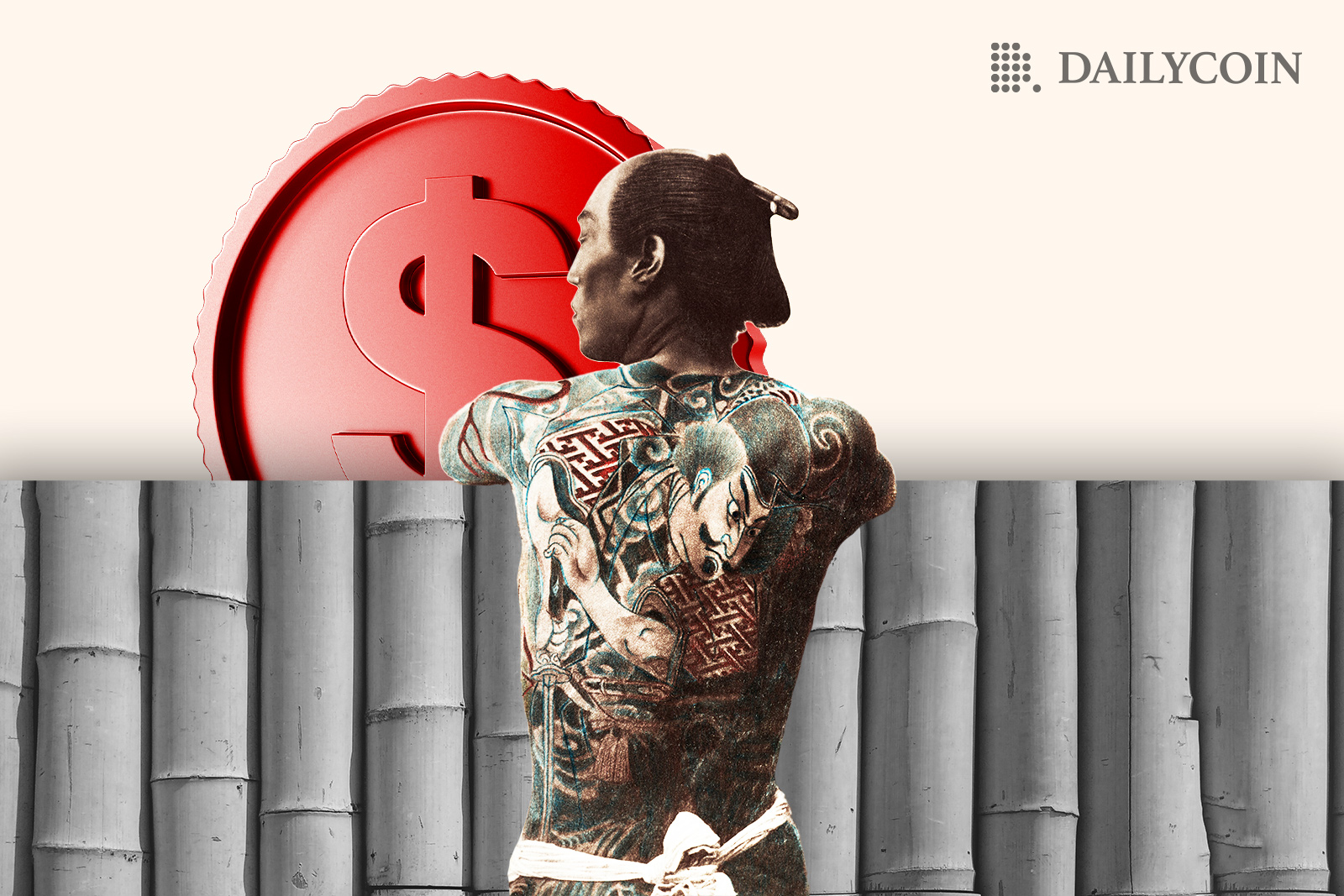
- MoneyTap continues to grow as it adds three more Japanese banks.
- The Ripple-based payment system was implemented five years ago.
- Japan is becoming a popular sport for Ripple and its associated blockchain payment systems.
MoneyTap, a blockchain money-transfer app launched through a joint venture between SBI and Ripple in 2018, has continued to gain momentum in East Asia.
The Ripple-based payment system MoneyTap has recently partnered with three more local banks in Japan, allowing access to the application for their clients. Major banks Yamaguchi Bank, Momiji Bank, and Kitakyushu Bank will now use the Ripple payment system.
A Growing Japanese Position
MoneyTap allows Japanese regional banks to offer a peer-to-peer remittance service to their clients via a mobile app. MoneyTap offers a bank account number and a remittance service through a mobile phone number. The app also features online identity verification and biometric authentication to maintain a high degree of security for customers of the three banks.
Sponsored
The latest cohort of banks indicates a growing interest in Ripple’s services. MoneyTap is based on Ripple’s blockchain solution RippleNet and initially supported Japanese banks, including SBI Sumishin Net Bank, Suruga Bank, and Resona Bank.
SBI and Ripple
Ripple is facing a difficult legal challenge in the U.S., but it has had much success and support in Japan. SBI is one of the company’s biggest partners, going further than simply implementing RippleNet through MoneyTap.
Sponsored
Despite the legal difficulties, SBI has supported Ripple through the SEC investigations. SBI CEO Yoshitaka Kitao said in 2021 that Japan was the most likely country for Ripple to move to if the company is forced to leave the United States due to the challenging regulatory environment.
On the Flipside
- Many believed the SEC vs. Ripple case would close soon, but it has been hit with further delays.
Why You Should Care
Ripple has continually aimed at disrupting the banking system by partnering with banks to offer blockchain-enabled services. If Ripple can gain a good foothold in Japan, it would have a good proving ground for its use case.
FAQs
MoneyTap is entirely safe to use. It has been integrated by a selection of major Japanese banks that offer the service to their clients. More recently, MoneyTap has been adopted by three more banks in Japan, showcasing its growing popularity and safety.
The MoneyTap app is a smartphone-based payment service powered by RippleNet. It was first introduced in 2016 by SBI Ripple Asia, a joint venture between Ripple and SBI Holdings. The app allows users to transfer money using cell phone numbers in addition to traditional bank account numbers.
Ripple’s technology has been well received in Japan due to the payments company’s partnership with SBI Holdings. SBI helped push RIpple into the mainstream in Japan even when the company first faced the SEC in a landmark lawsuit. XRP payments were accepted by SBI Motor Japan, a part of the Japanese conglomerate of SBI.
Read more about Ripple’s case with the SEC and its delays:
Ripple vs SEC: The Lawsuit Plagued with More Delays
Read more about Solana’s Blockchain phone:
Can Solana’s Crypto-First ‘Saga’ Smartphone Succeed Where Others Failed?
